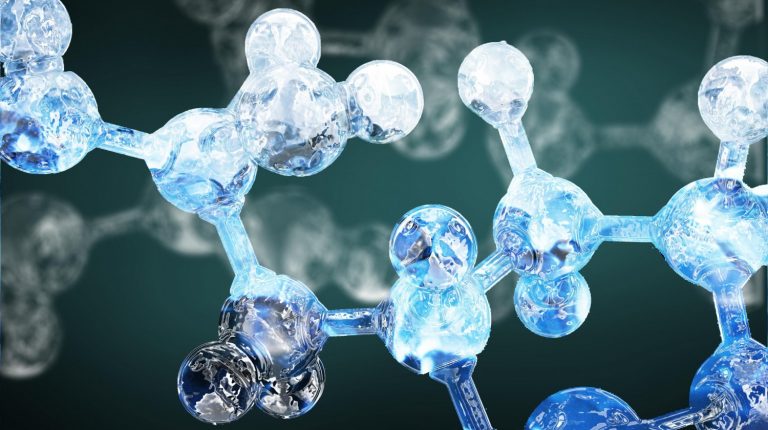Fundamentals of Chemistry
The knowledge that provides understanding of this world and how it works, is science.
The branch of science which deals with the composition, structure, properties and reactions of matter is called chemistry.
It touches almost every aspect of our life. The development of science and technology has provided us a lot of facilities in daily life. Imagine the role and importance of petrochemical products, medicines and drugs, soap and detergents, paper and plastics, paints and pigments and insecticides and pesticides which all are fruit of the efforts of chemists. The development of chemical industry has also generated toxic wastes, contaminated water and polluted air around us. On the other hand, chemistry also provides knowledge and techniques to improve our health and environment and to explore and conserve the natural resources.
Branches of Chemistry
It is a fact that we live in the world of chemicals. We all depend upon different living organisms which require water, oxygen or carbon dioxide for their survival. Today chemistry has a wide scope in all aspects of life and is serving the humanity day and night. Chemistry is divided into following main branches:
Physical Chemistry
It deals with the relationship between the composition and physical properties of matter along with the changes in them.
The properties such as structure of atoms or formation of molecules, behaviour of gases. liquids and solids and the study of the effect of temperature or radiation on matter, all are studied under this branch.
Organic Chemistry
The study of covalent compounds of carbon and hydrogen-hydrocarbons and their derivatives.
Organic compounds occur naturally and are also synthesized in the laboratories. Organic chemists determine the structure and properties of these naturally occurring as well as synthesized compounds. Scope of this branch covers petroleum, petrochemicals and pharmaceutical industries.
Inorganic Chemistry
The study of all elements and their compounds except those of compounds of carbon and hydrogen-hydrocarbons and their derivatives.
Inorganic Chemistry has applications in every aspect of the chemical industry such as glass, cement and metallurgy (extraction of metals from ores).
Biochemistry
The study of the structure, composition, and chemical reactions of substances found in living organisms.
It covers all chemical processes taking place in living organisms. Such as synthesis and metabolism of biomolecules like carbohydrates, proteins and fats. Biochemistry emerged as a separate discipline when scientists began to study hoe living things obtain energy from food or how the fundamental biological changes occur during a disease. Examples of applications of biochemistry are in the fields of medicine, food science and agriculture etc.
Industrial Chemistry
The study of the manufacturing of chemical compounds on commercial scale.
It deals with the manufacturing of basic chemicals such as oxygen, chlorine, ammonia, caustic soda, nitric acid and sulphuric acid. These chemicals provide the raw materials for many other industries such as fertilizer, soap, textiles, agricultural products, paints and paper, etc.
Nuclear Chemistry
The study of the radioactivity, nuclear process and properties.
The main concern of this branch is with the energy of the atom and its uses in daily life. It also includes the study of the chemical effects resulting from the absorption of radiation within living animals, plants and other materials. It has vast application in medical treatment (radiotherapy), preservation of food and generation of electrical power through nuclear reactors, etc.
Environmental Chemistry
The study about components of the environment and the effects of human activities on the environment.
Environmental Chemistry is related to other branches like biology, geology, soil and water chemistry, mathematics and engineering. The knowledge of chemical processes taking place in environment is necessary for its improvement and protection against pollution.
Analytical Chemistry
The study of separation and analysis of a sample to identify its components.
The separation is carried out prior to qualitative and quantitative analysis. Qualitative analysis provides the identity of a substance (composition of chemical species). On the other hand quantitative analysis determines the amount of each component present in the sample. Hence, in this branch different techniques and instruments used for analysis are studied. The scope of this branch covers food, water, environmental and clinical analyses.






You must be logged in to post a comment.